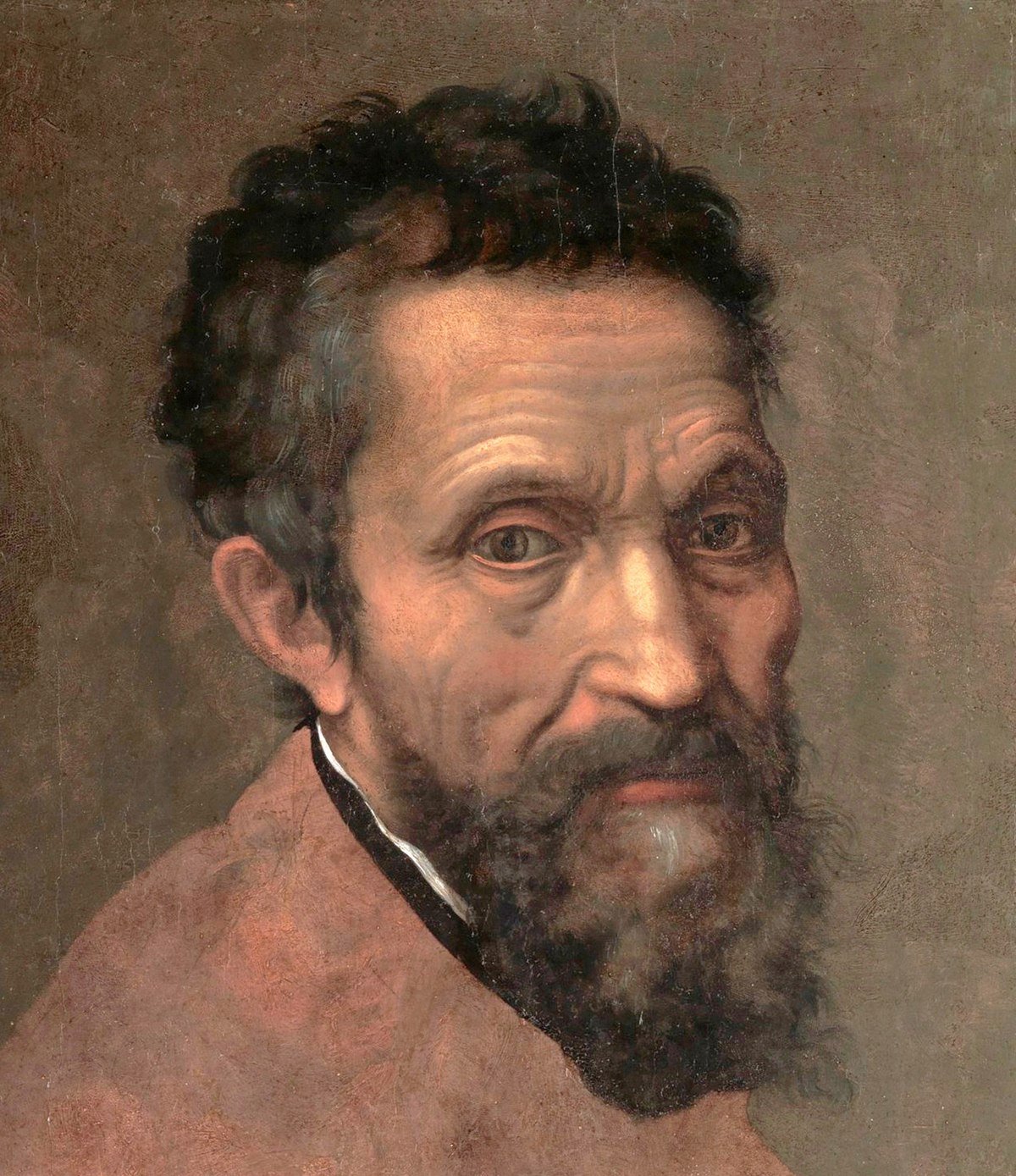1. Истина
Есть истины в реченьях старины,
И вот одна: кто может, тот не хочет.
Ты внял, Господь, тому, что ложь стрекочет,
И болтуны тобой награждены;
Я ж твой слуга: мои труды даны
Тебе, как солнцу луч,– хоть и порочит
Твой гнев всё то, что пыл мой сделать прочит,
И все мои старанья не нужны.
Я думал, что возьмёт твоё величье
Меня к себе не эхом для палат,
А лезвием суда и гирей гнева.
Но есть к земным заслугам безразличье
На небесах, и ждать от них наград –
Что ожидать плодов с сухого древа.
1. Truth
There are truths in the sayings of old,
And here is one: whoever’s able, never wants to.
You listened, Lord, to the one who prattles lies,
And chatterboxes are rewarded by you;
But I’m your servant: my labors are given
To you as rays are to the sun—though your wrath defames
All that my zeal intends to do,
And all my efforts are unneeded.
I thought that your majesty would take me in,
Not as an echo in a chamber,
But as a blade of justice and a weight of wrath.
But there is indifference in heaven
To earthly merits, and to await its rewards
Is to expect fruit from a dry tree.
1. {Rime/6}
Signor, se vero è alcun proverbio antico,
questo è ben quel, che chi può mai non vuole.
Tu hai creduto a favole e parole
e premiato chi è del ver nimico.
I’ sono e fui già tuo buon servo antico,
a te son dato come e’ raggi al sole,
e del mie tempo non ti incresce o dole,
e men ti piaccio se più m'affatico.
Già sperai ascender per la tua altezza,
e 'l giusto peso e la potente spada
fussi al bisogno, e non la voce d'ecco.
Ma 'l cielo è quel c’ogni virtù disprezza
locarla al mondo, se vuol c'altri vada
a prender frutto d'un arbor ch'è secco.







